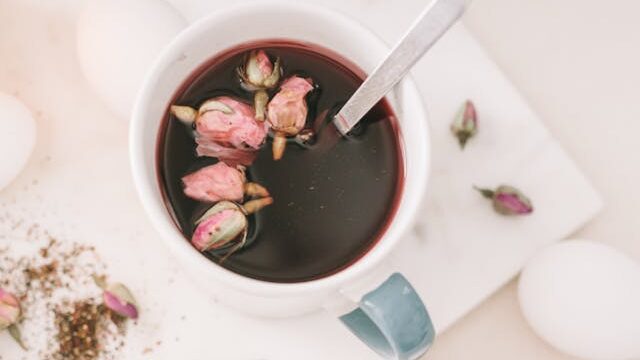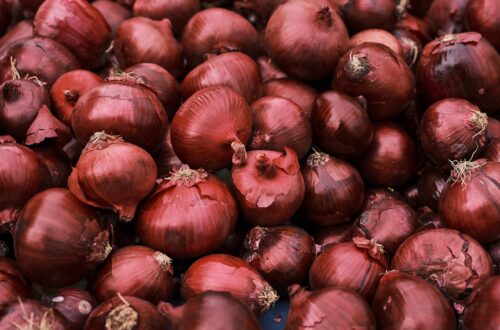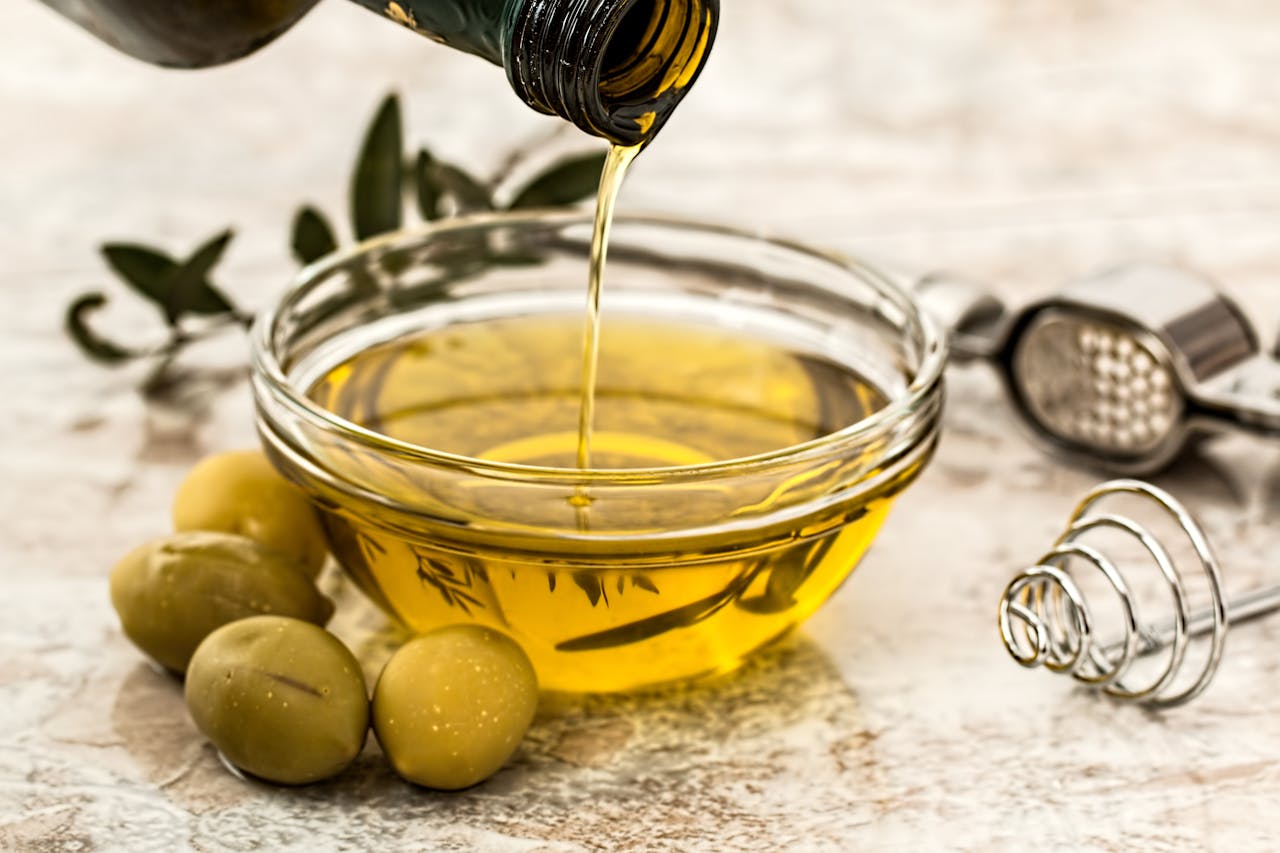
Hibiscus Tea: Your Secret to Lower Blood Pressure
In the quest for natural remedies to combat hypertension, hibiscus tea has emerged as a promising contender. With its vibrant hue and tangy flavor, this floral infusion has garnered attention for its potential to lower blood pressure. But does hibiscus tea truly live up to the hype? In this comprehensive guide, we’ll delve into the science behind hibiscus tea and its effects on blood pressure, exploring its benefits, dosage recommendations, and potential side effects.
Understanding Hibiscus Tea and Blood Pressure
The Science Behind Hibiscus Tea:
Hibiscus tea is derived from the dried calyces of the Hibiscus sabdariffa plant. Rich in antioxidants, including flavonoids and anthocyanins, hibiscus tea has been studied for its potential cardiovascular benefits, including its ability to lower blood pressure.
Hibiscus Tea and Blood Pressure:
Several studies have investigated the effects of hibiscus on blood pressure. A meta-analysis published in the Journal of Hypertension concluded that hibiscus tea consumption was associated with a significant reduction in both systolic and diastolic blood pressure levels.
Key Points: How Hibiscus Tea Lowers Blood Pressure
Hibiscus, derived from the vibrant calyces of the Hibiscus sabdariffa plant, has garnered attention for its potential to lower blood pressure naturally. Its effectiveness lies in its rich composition of antioxidants, including flavonoids and anthocyanins, which contribute to its therapeutic properties.
Mechanisms of Action:
- Antioxidant Activity: Hibiscus tea is packed with antioxidants that combat oxidative stress and inflammation in the body. These antioxidants help improve endothelial function, relax blood vessels, and reduce blood pressure levels.
- Diuretic Effect: As a mild diuretic, hibiscus tea promotes the excretion of sodium and water from the body. By increasing urine output, it helps lower blood volume and subsequently reduces blood pressure.
- Inhibition of Angiotensin-Converting Enzyme (ACE): Some studies suggest that hibiscus tea may inhibit ACE, an enzyme involved in regulating blood pressure. This action is similar to that of certain blood pressure medications, making hibiscus tea a potential natural alternative.
Clinical Evidence:
Clinical studies have shown promising evidence regarding the effectiveness of hibiscus in managing blood pressure. A systematic review and meta-analysis published in the Journal of Hypertension found that consuming hibiscus tea was associated with significant reductions in both systolic and diastolic blood pressure levels among hypertensive individuals. Another randomized controlled trial, published in the Journal of Nutrition, demonstrated that daily consumption of hibiscus teas for six weeks led to notable decreases in blood pressure compared to a placebo group. Furthermore, research suggests that the bioactive compounds present in hibiscus, such as anthocyanins and polyphenols, may contribute to its antihypertensive effects by promoting vasodilation and improving endothelial function. These findings highlight the potential of hibiscus as a natural intervention for individuals seeking to manage their blood pressure levels. For those interested in exploring further, links to these studies can be found here and here.
Incorporating Hibiscus Tea into Your Routine:
Brewing hibiscus tea is simple and can be enjoyed hot or cold. Steep dried hibiscus flowers in hot water for 5-10 minutes, then strain and serve. For optimal benefits, aim to drink 1-3 cups of hibiscus tea daily. Start with a lower dosage and gradually increase as tolerated.
Brewing Hibiscus Tea:
- Bring water to a boil and pour it over dried hibiscus flowers.
- Let steep for 5-10 minutes, then strain.
- Enjoy hot or cold, with a squeeze of lemon or a touch of honey for added flavor.
Dosage Recommendations:
- Studies have used varying dosages of hibiscus tea, ranging from 1-3 cups daily.
- It’s best to start with a lower dosage and gradually increase as tolerated.
In conclusion, hibiscus tea shows promise as a natural remedy for lowering blood pressure. Its antioxidant-rich composition, diuretic properties, and potential ACE inhibition make it a valuable addition to a holistic approach to hypertension management. By incorporating hibiscus tea into your daily routine, along with other lifestyle modifications like a healthy diet and regular exercise, you can support cardiovascular health and potentially reduce the risk of hypertension-related complications.
Disclaimer
The information provided in this blog post is for educational purposes only and is not intended as a substitute for professional medical advice, diagnosis, or treatment. Always consult with a healthcare provider before making any changes to your diet or lifestyle, especially if you have underlying health conditions or are taking medication.
Sources
- National Center for Biotechnology Information. (2013). “Hibiscus sabdariffa L. tea (tisane) lowers blood pressure in prehypertensive and mildly hypertensive adults.” Retrieved from NCBI.
- American Heart Association. (2021). “How Potassium Can Help Control High Blood Pressure.” Retrieved from AHA.
- Mayo Clinic. (2021). “DASH diet: Healthy eating to lower your blood pressure.” Retrieved from Mayo Clinic.
-
Emotional Well-Being and Reduced Stress: How Relaxing Music Works
The quest for emotional well-being has never been more crucial. Among the myriad of methods to enhance mental health, the power of relaxing music stands out as both an ancient and contemporary remedy. This blog explores how relaxing music can significantly improve emotional well-being, supported by scientific research, expert opinions, and practical insights. The Science…
-
Stress Relief with Easy Mindfulness: Best Practices
The constant juggling of work, family, and personal commitments can take a toll on our mental and physical health. However, there’s a simple yet effective way to combat stress and improve overall well-being: mindfulness. This blog post will explore easy mindfulness practices for stress relief, backed by research and practical advice, to help you lead…
-
Cancer Prevention: The Remarkable Benefits of Red Onions
Red onions, those vibrant, purplish-red bulbs that add a crisp bite and a burst of color to salads, sandwiches, and countless culinary creations, have long been celebrated for their flavor. However, beyond their culinary appeal, red onions are gaining recognition for their potential health benefits, particularly in cancer prevention. This blog post delves into the…
-
Benefits of 432 Hz Music for Heart Health
In a world where stress is a constant companion, finding ways to unwind and nurture our hearts is crucial. Among various relaxation techniques, one method stands out for its unique approach and profound effects on heart health: 432 Hz relaxing music. This blog post delves into the science, benefits, and practical applications of 432 Hz…
-
Top Foods for Brain Health You Can Eat Right Now
When it comes to maintaining optimal brain health, what you eat plays a crucial role. Your brain requires a variety of nutrients to function effectively, and incorporating brain-friendly foods into your diet can enhance cognitive performance, memory, and overall mental well-being. In this comprehensive guide, we explore the top friendly foods for brain health that…
-
Reducing Anxiety – How to Create a Calm Environment
Anxiety has become an all-too-common companion for many of us. The demands of work, family, and everyday life can leave us feeling overwhelmed and stressed. As someone who has struggled with anxiety, I know how crucial it is to have a sanctuary—a space where you can unwind and let go of the day’s worries. In…



